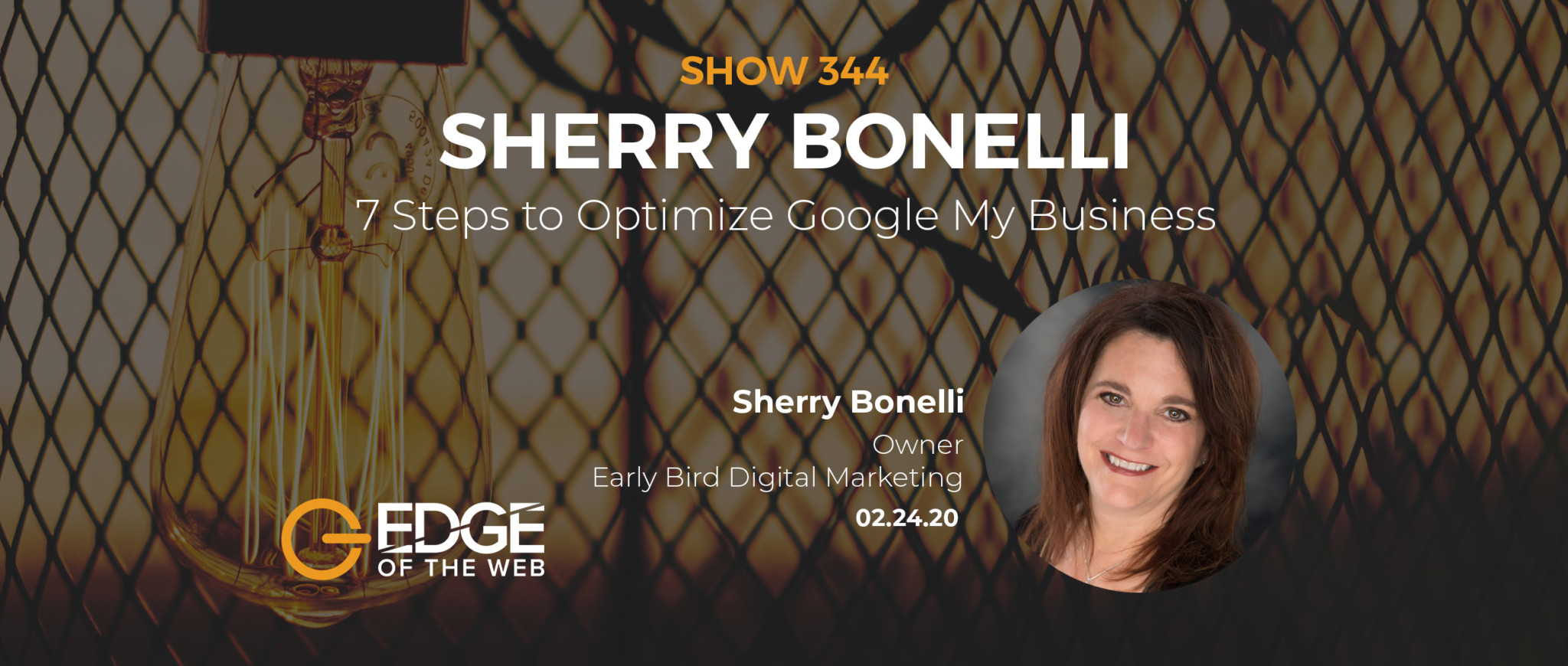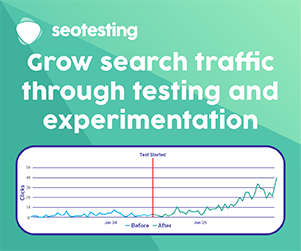The digital marketing news roundup segment we produce as a bonus to each episode of the award-winning EDGE of the Web podcast lets our incredible industry expert guests help us pick apart the latest headlines with insightful analysis. The Episode 344 new roundup features host Erin Sparks and Creative Studio Producer Jacob Mann along with special guest Sherry Bonelli, Owner of Early Bird Digital Marketing.
Google adds new image license metadata for licensable image label
From Barry Schwartz on Search Engine Land we learn that Google adds new image license metadata for licensable image label. Google is beta testing a new way for sites to display licensing information about content that appears in Google Images.
- Erin Sparks: We wanted to highlight this one because there’s been a continued “bubbling up” of topics related to Google My Business local search.
- Sherry Bonelli: I think it’s a good thing when people take greater care in knowing who owns the content. The real question is whether anyone is going to bother taking an extra step to do anything with this.
- Erin Sparks: CEPIC, the European agency, noted it’s pleased that Google is releasing a metadata framework through schema.org for licensable images and is supporting the IPTC metadata standard. It’s in a beta-testing mode right now. From an optimization standpoint, those small elements that we’re giving as SEOs are leverageable to the benefit of your domain.
- Sherry Bonelli: Yes. And since we know Google doesn’t like seeing stock imagery on your websites, it’s to your benefit to use this new metadata framework to further show off your original images. You have to assume Google will see your site’s use of this as a good thing, which is always to your benefit. But will even those properly tagged original images still be stolen and used by others?
- Erin Sparks: Hopefully the new system will allow for tracing images back to proper sources and perhaps abusers will be penalized when it becomes clear they stole images.
Google used AI and human moderation to take down over 75 million Google Maps reviews
According to Kyle Wiggers on VentureBeat, Google used AI and human moderation to take down over 75 million Google Maps reviews. Google said that it uses automated detection systems, including machine learning models, to scan millions of contributions to detect and remove policy-violating content.
- Erin Sparks: Besides finally making a real attempt to get rid of fake reviews from Google My Business, they also removed more than 4 million entirely fake business listings! This was a huge root canal on Google’s part.
- Sherry Bonelli: It’s about time! Seriously, fake reviews and fake business listings have been such a huge problem for Google for so long. Why it’s taken them so long to figure more of this out algorithmically is a mystery. And even with this effort, there is still a lot they’re missing and not responding to as quickly as they should, such as when reviews are manually flagged as questionable. This is a good movie, and there’s more to do.
Google My Business: Keywords In Descriptions Don’t Guarantee Ranking Improvement; But They Could
On Search Engine Roundtable, Barry Schwartz reports on Google My Business: Keywords In Descriptions Don’t Guarantee Ranking Improvement; But They Could. Content. Google just said on Twitter, days after this debacle, “While it’s not guaranteed to improve the ranking, it could, depending on other factors, as well as information that is found online associated with the business.”
- Erin Sparks: So the answer to the question of whether or not your ranking will benefit from keyword optimization of your business description in Google My Business, the answer is a frustratingly vague maybe.
- Sherry Bonelli: I’m shaking my head because this kind of Google explanation fells like they’re just messing with us. When their guidelines were first changed to say adding keywords to business descriptions could help you, everyone feared there would be a lot of keyword-stuffing showing up. This feels like they’re trying to walk that back a bit. So now no one, including me, knows what to think. I am of the strong opinion you should not keyword-stuff your business description (or your website for that matter) because it’s just ugly and doesn’t add value for the consumer. But SEOs are just left hanging not knowing what’s what. If keywords naturally flow into a great business description, fine. But don’t do forced keyword stuffing.
- Erin Sparks: And in the final analysis, how much of an impact is spending a lot of time keyword optimizing a 750-word business description really going to have? It’s more about the context of everything else around that business description.
- Sherry Bonelli: But they sure do know how to get us worked up!
Connect with Sherry Bonelli and Early Bird Digital Marketing
Twitter: @sherrybonelli (https://twitter.com/sherrybonelli)
LinkedIn: https://www.linkedin.com/in/sherrybonelli
Facebook: @earlybirddigitalmarketing (https://www.facebook.com/earlybirddigitalmarketing)
Website: https://earlybirddigitalmarketing.com
Free Digital Marketing Report: http://youronlinereport.com
Subscribe to the EDGE for Digital Marketing News!
Go to EDGEofthewebradio.com and you’ll see the subscribe box for our newsletter at the very top of the page. It’s free-of-charge, and we will never use your email for anything except sending you the newsletter. You can also sign up by texting the word “EDGETalk” to 22828, but not while you’re driving! Enjoy these digital nuggets of gold from the EDGE – your source for digital marketing news.






















